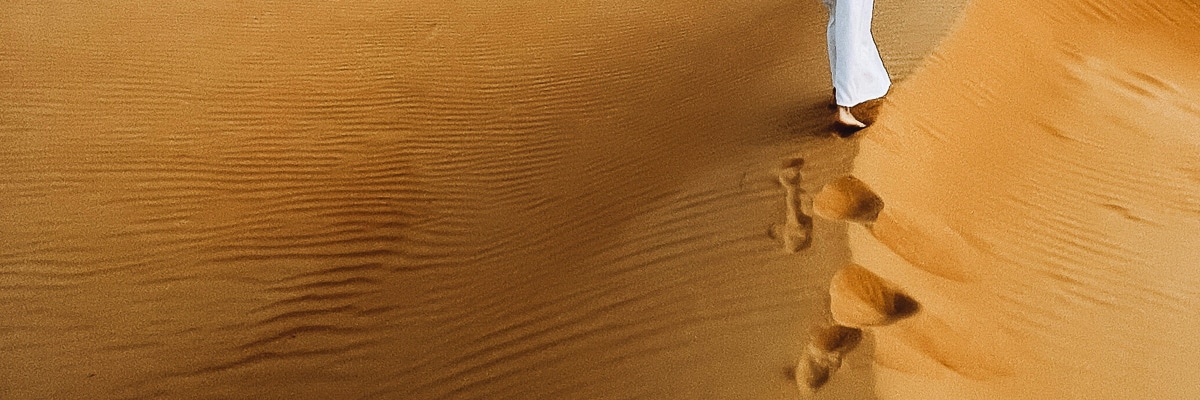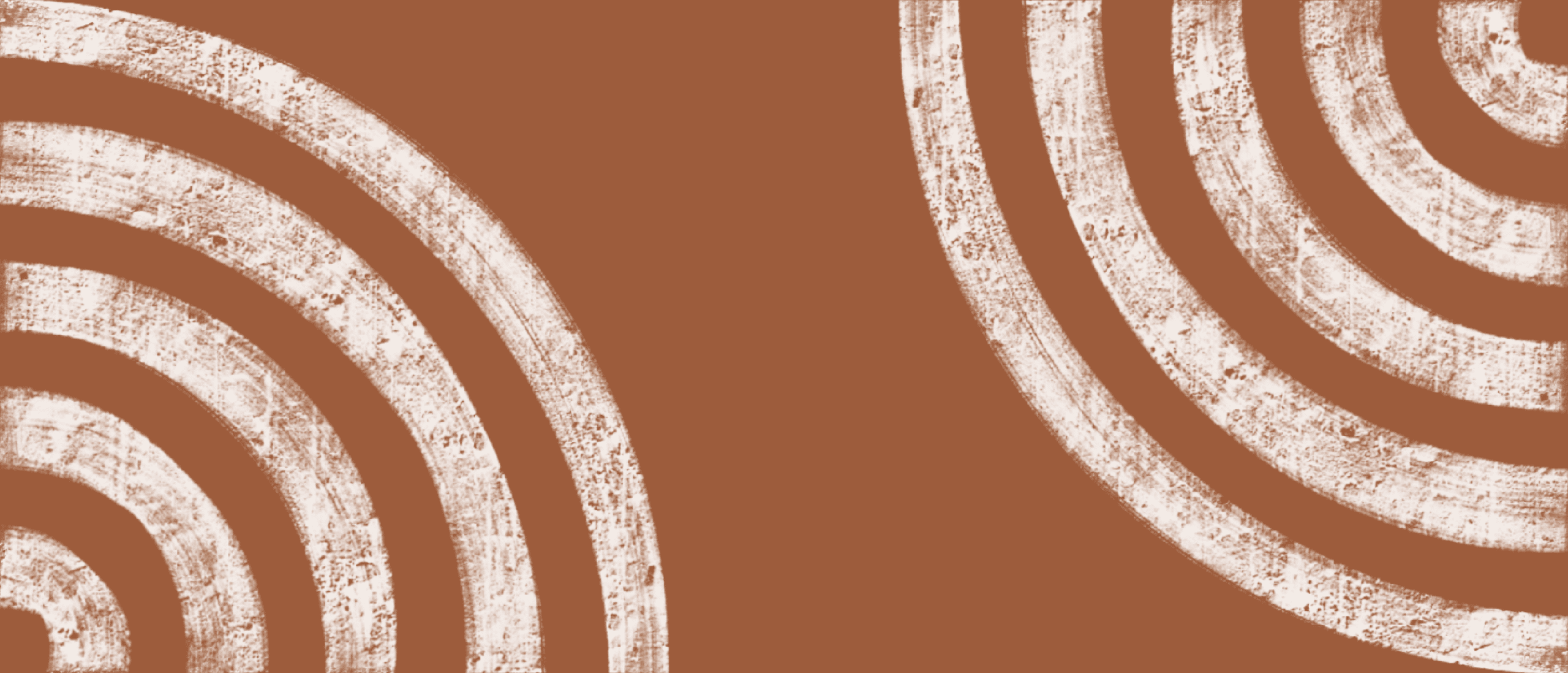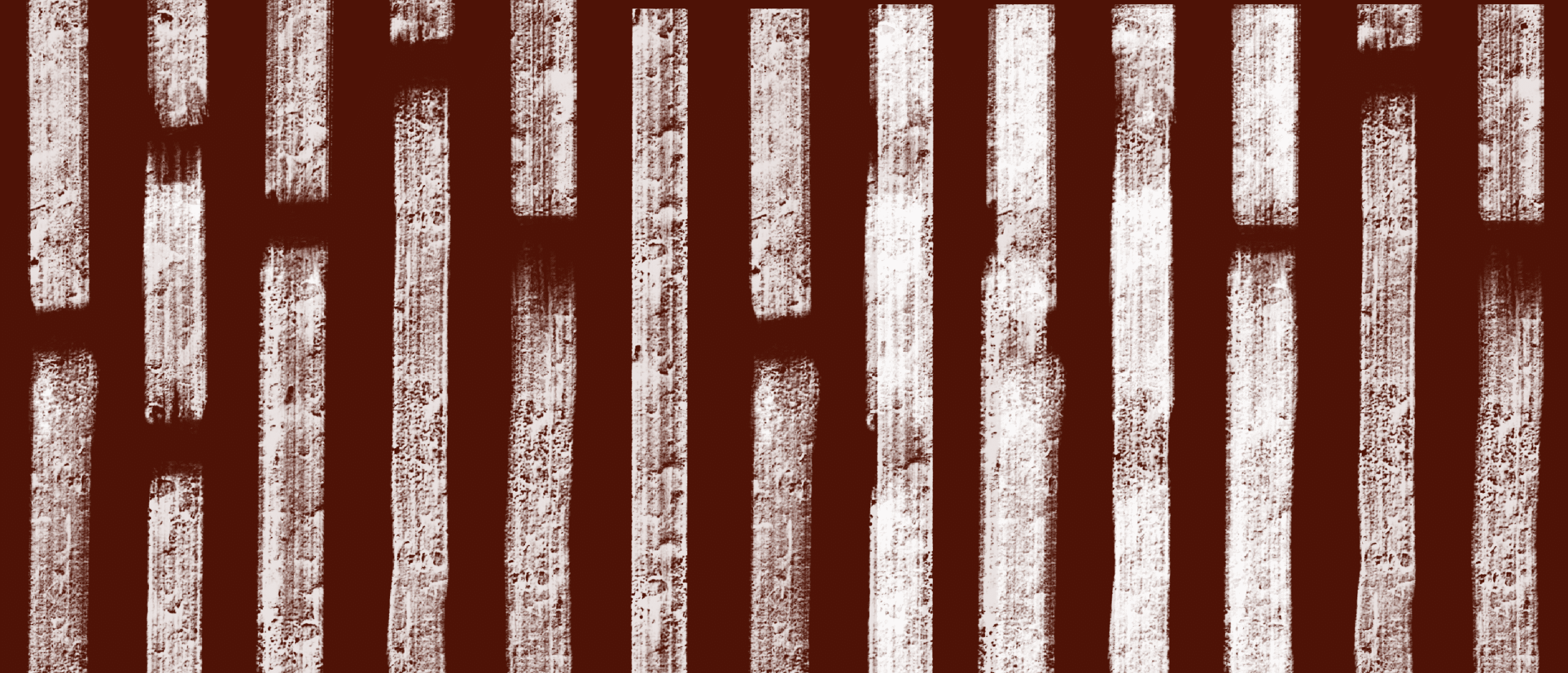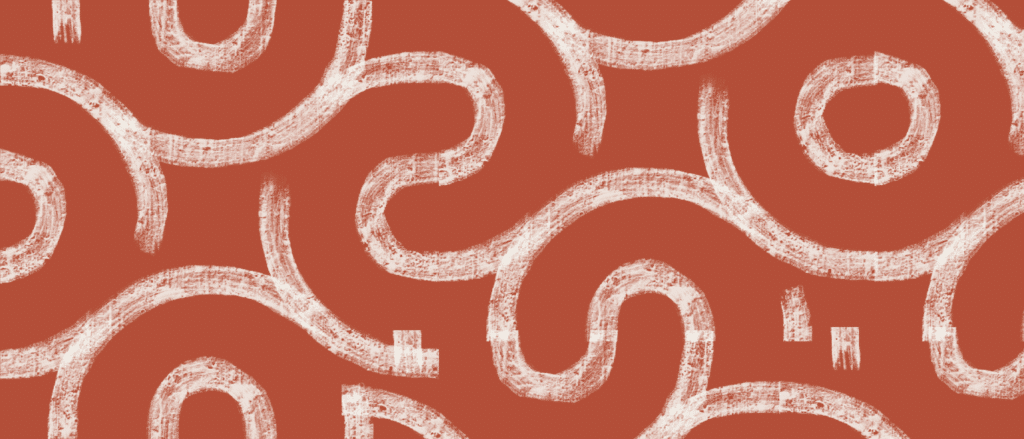
In the morning, while it was still very dark, Jesus got up and went out to a deserted place, and there he prayed. —Mark 1:35
Rev. Dr. Barbara Holmes (1943–2024) reflects on the desert experiences of Jesus and the early Christians:
Jesus’s ministry modeled the interplay between prophetic utterance, public theology, and intense spiritual renewal. He launches his three-year ministry from the desert wilderness, a place that will be the home of latter-day desert mothers and fathers. After an intense time of fasting, testing, and submission to the leading of the Holy Spirit, Jesus returns ready to fulfill his calling. These rhythms of activism and contemplation, engagement and withdrawal resonate throughout his life….
When Christianity began, it was small and intense, communal and set apart, until it found favor with the state. Those adherents who witnessed Rome’s public affirmation of Christianity in the fourth century realized that the contemplative aspects of the faith could not be nurtured under the largesse of the state. And so, in the fifth century, monasticism flourished in the desert as Christian converts retreated for respite and spiritual clarity. Although the desert mothers and fathers sought harsh and isolated sites, they soon found that they were not alone. The decision to retreat drew others to them. Communities formed as city dwellers came out to seek advice and solace. The historical model of contemplation offers the rhythm of retreat and return. It was in the wilderness that African contemplatives carved out unique spiritual boundaries.
Holmes describes how we can live out this desert legacy and wisdom today:
If the desert is a place of renewal, transformation, and freedom, and if the heat and isolation served as a nurturing incubator …, one wonders if a desert experience is necessary to reclaim this legacy.
One need not wonder long when there are so many deserts within reach. Today’s wilderness can be found in bustling suburban and urban centers, on death row, in homeless shelters in the middle of the night, in the eyes of a hospice patient, and in the desperation of AIDS orphans in Africa and around the world. Perhaps these are the postmodern desert mothers and fathers. Perhaps contemplative spaces can be found wherever people skirt the margins of inclusion. Perhaps those whom we value least have the most to teach.
We are in need of those values central to African [desert] monasticism and early Christian hospitality; they include communal relationships, humility, and compassion. Laura Swan sums up these virtues in the word apatheia, defined as “a mature mindfulness, a grounded sensitivity, and a keen attention to one’s inner world as well as to the world in which one has journeyed.” [1] Inevitably, the journey takes each of us in different directions; however, by virtue of circumstances or choice, each of us will at some point in our lives find ourselves on the outskirts of society listening to the silence coming from within. During these times, we realize that contemplation is a destination as well as a practice. The monastics knew this and valued both.
References:
[1] Laura Swan, The Forgotten Desert Mothers: Sayings, Lives, and Stories of Early Christian Women (Paulist Press, 2001), 25.
Barbara A. Holmes, Joy Unspeakable: Contemplative Practices of the Black Church, 2nd ed. (Fortress Press, 2017), 9, 10–12.
Image credit and inspiration: Krn Kwatra, Untitled (detail), 2022, photo, Oman, Unsplash. Click here to enlarge image. Like the desert mothers and fathers, a person walks into the desert to find solitude and inspiration.
Story from Our Community:
The last three years have been filled with immense pain and suffering for our family. Our firstborn daughter was diagnosed with an extremely rare cancer that took her life last August. We are now in a remote part of the grief desert with few aids. The Daily Meditations continue to offer wisdom, hope, compassion and comfort that is more real and generous than easy answers. Thank you for being a balm while allowing room for great suffering as part of this journey of life.
—Curt F.




